
Mobile Apps Revolution
¥23.30
Mobile Apps Revolution
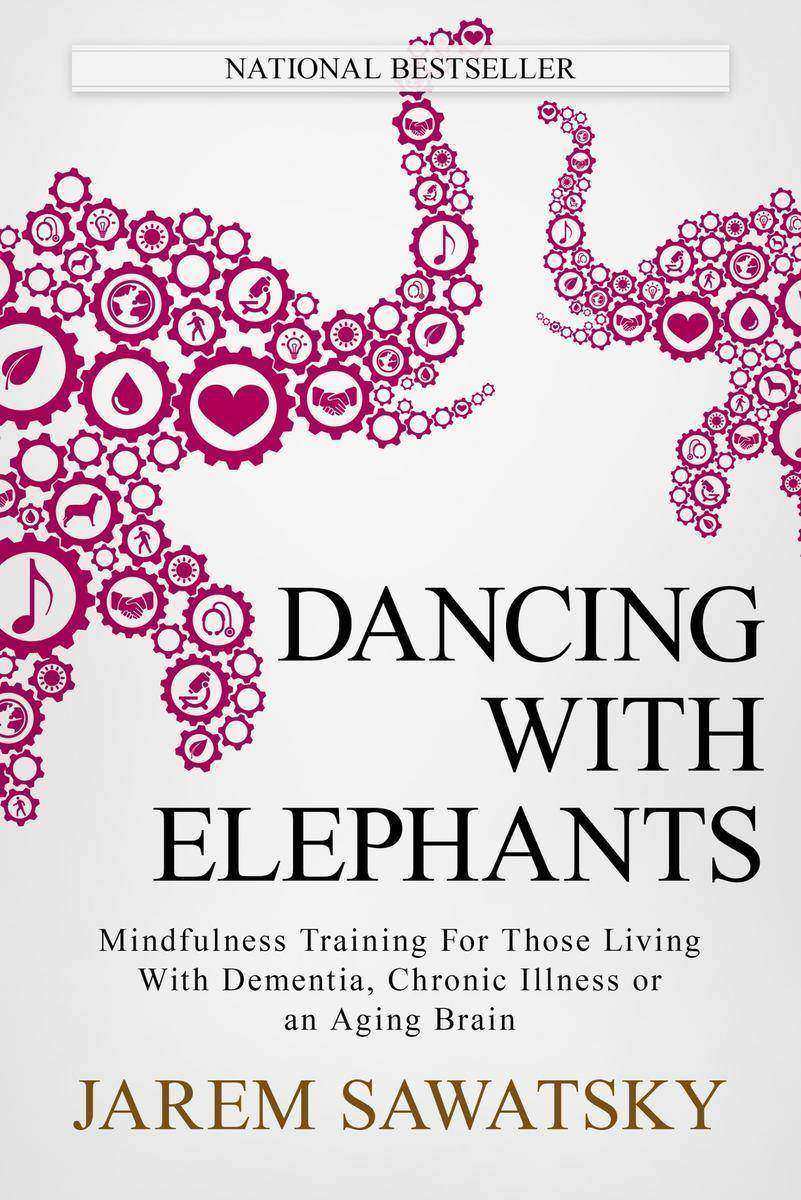
Dancing with Elephants
¥23.30
Dancing with Elephants

?llatfarm
¥23.30
llatfarm
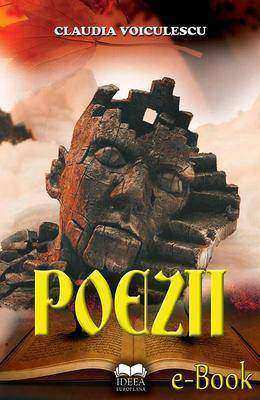
Poezii
¥23.14
ncercarea de a ptrunde n magmele clocotirilor artistice este o ispitire mai veche a mea. Adncimile au n ele murmur de siren. Sigur a fost semea ncercarea mea i, probabil, neinspirat. Germinarea crii de fa mi pare acum un experiment al bucuriei. Doi preoi i doi slujitori ai literei, totodat doi duhovnici fiecare cu ucenicul su, au vrut s cltoreasc pentru o clip n inefabilul chenozelor, al deertrilor de sine. Nu tiu dac are armonie, mi este greu acum s precizez. Atunci prea c rezonm. Depun doar mrturie i gnd mulumitor c a fost o sear unic. (Preot Niculae Constantin)
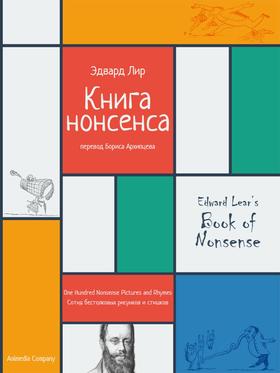
Книга нонсенса
¥23.14
Este un autoportret al cunoa?terii personale, un autoportret schi?at ?n timp real, sub ochii cititorului, pe m?sura ce Lara ia cuno?tin?? de st?rile emo?ionale prin care trece, ??i analizeaz? sentimentele, rezultatul posibilelor ac?iuni, analizeaz? deciziile pe care le ia, consecin?ele posibile. Dilema declarat? a Larei este: cum ?mpaci nevoia inimii pentru noutate, pentru tr?iri spontane, cu monotonia mariajului, chiar dac? acesta e fericit? Con?tiin?a sa este prins? ?ntre dragostea pentru so?ul cu care ?tie c? se potrive?te ca structur? ?i pe care ?l iube?te, ?i efervescen?a aventurii cu un alt b?rbat, care ?i furnizeaz? spontanul dup? care t?nje?te. Romanul se concentreaz? pe amant ?n mod deliberat. Lara este perfect con?tient? de r?ul pe care ?l produce celor trei personaje ?mplic?te: so?, amant, ?i ei ?ns??i. Perioada ?n care este creat ?i definitivat autoportretul sunt ultimii ai comunismului, anii ?n care priva?iunile impuse popula?iei sem?nau mai degrab? cu priva?iunile unui r?zboi. Cu toate acestea, eroina se concentreaz? cu ?nc?p???nare pe iubirea ei, pe mi?c?rile sufletului ei, refugiindu-se ?n tr?irile proprii ?i reu?ind astfel s? se salveze de autocomp?timire ?i s? supravie?uiasc? ?ntr-o aparent? normalitate.
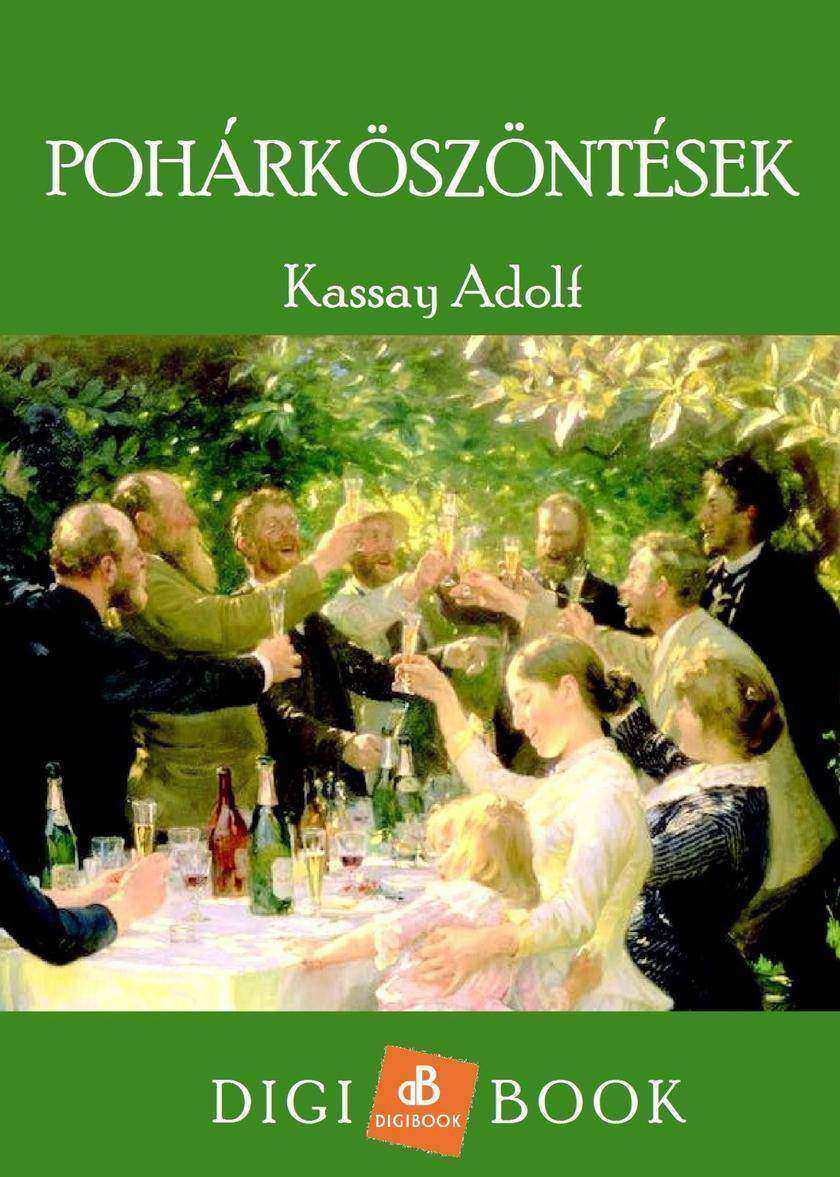
Pohárk?sz?ntések
¥23.14
Pohárk?sz?ntések
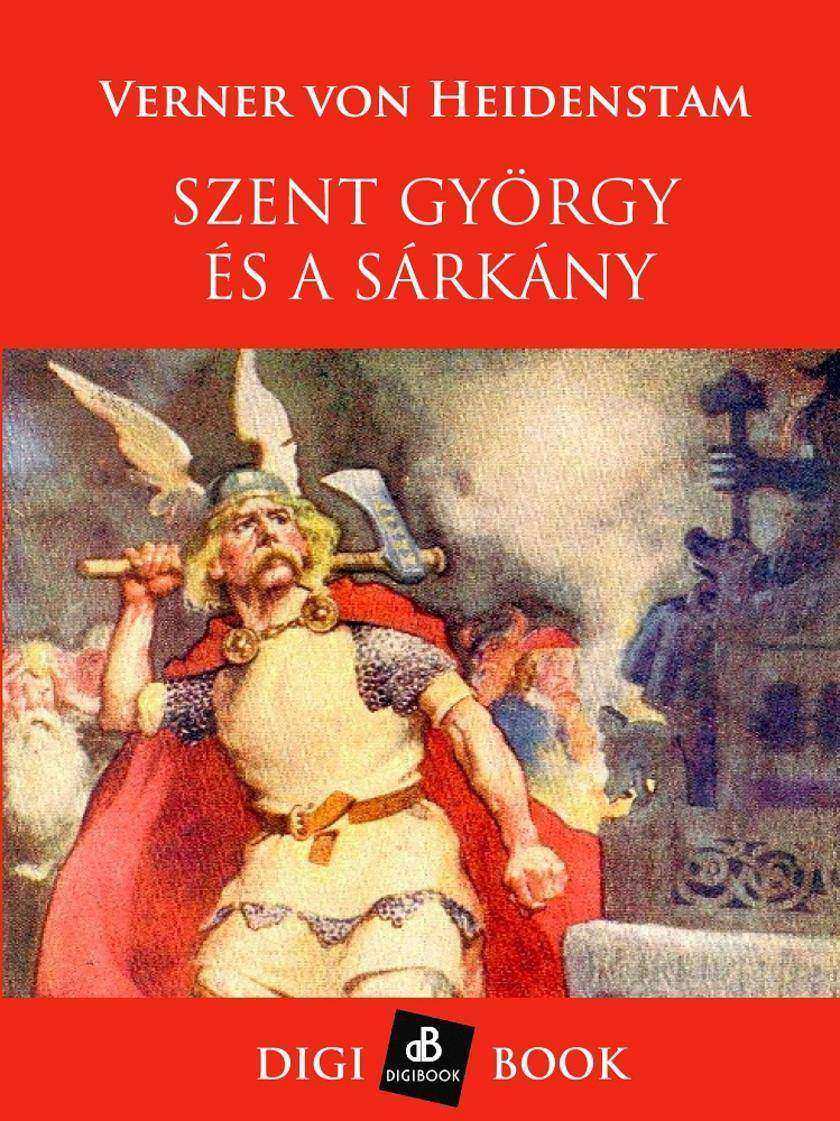
Szent Gy?rgy és a sárkány
¥23.14
Szent Gy?rgy és a sárkány
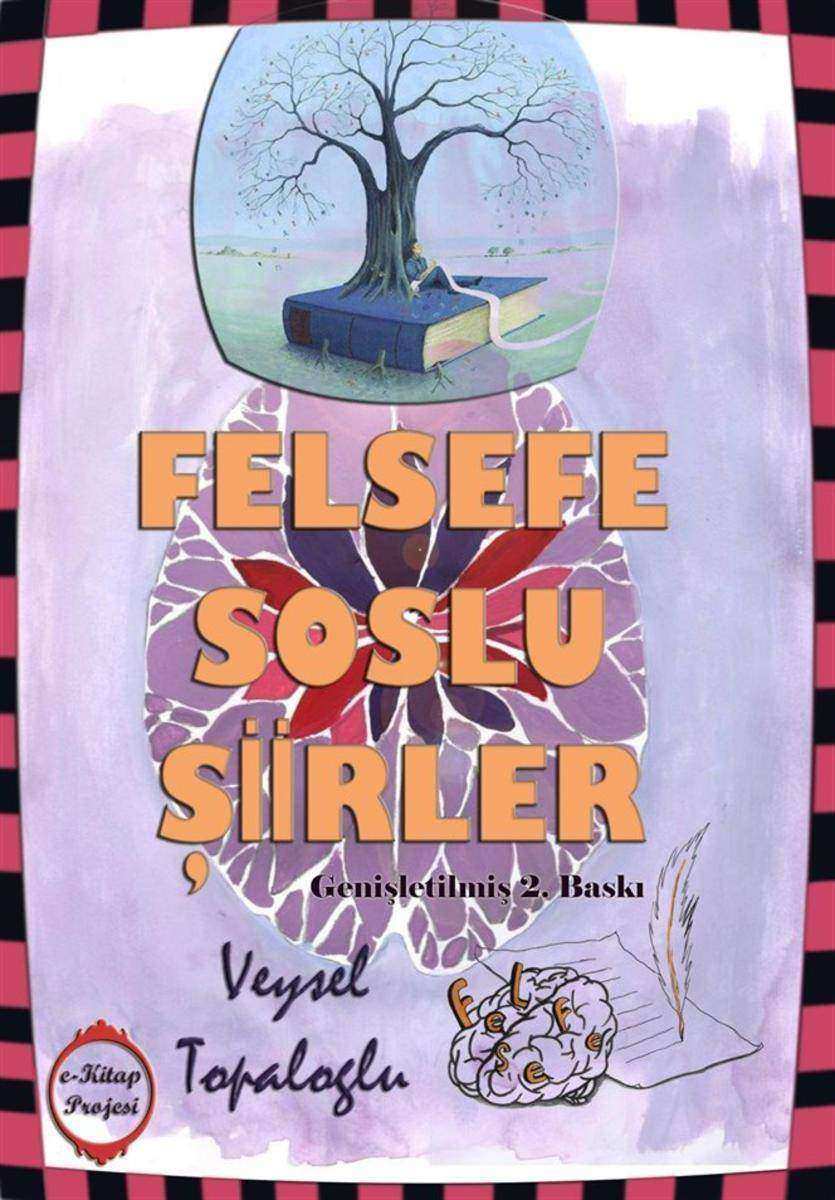
Felsefe Soslu ?iirler: (Geni?letilmi? 2. Bask?)
¥23.14
YAKINDA SIRA G?KY?Z?NE DE GELECEK! ? ?ilahi nizama(Yarat?l?? Yasalar?na) g?re, yeryüzünün hi? bir yeri; hi? bir insana ve zümreye ait de?ildir. ?nsani düzene g?re ise ger?ek tamamen farkl? olup yeryüzü parsel, parsel ya?malanm?? olup nehirler, g?ller, denizler ve hatta k?talar bir avu? az?nl??a ya da zümreye hizmet etmektedir. S?z konusu bu az?nl?klar dünyan?n kaynaklar?n? ?e?itli y?ntemlerle dev?irip s?mürmektedirler. ??S?mürü sadece do?al kaynaklarla s?n?rl? olmay?p dünya üzerinde ya?ayan tüm canl?lar? da kapsamaktad?r. Bundan, tek hücreli organizmalar da nasibini almakta ve efendilerinin ahlaks?z ama?lar?na hizmet etmeye mecbur kalmaktad?r. Bu azg?n küresel s?mürgeciler, insanlar?n beden ve beyin gü?lerini s?mürdükleri yetmezmi? gibi ?imdilerde zihinlerini de ele ge?irmeye y?nelik yo?un bir gayret i?indedirler. ??S?mürgeciler, kaynaklardan dev?irdikleri de?erleri ?nce paraya daha sonra ise parayla birlikte bu kaynaklar? da kullanarak gü? dev?irmekte olup ?bu b?yle katlanarak devam etmektedir. Küresel emperyalistler, s?mürü düzenini hepimizin iyi bildi?i yedi(S) arac?l???yla, yani onlar? de?er dev?irmekte kullanarak ger?ekle?tirir. ? Bunlar s?ras?yla: Su (G?da),Sa?l?k, Seks, Silah, Sanat, Spor ve Siyaset olarak s?ralanabilmektedir. S?ra gü? dev?irmeye gelince bu s?ralamada siyaset birinci s?raya ge?mektedir. Sebebine gelince s?mürgeci en ?ok siyaseti ?veya baz? siyaset?iyi, ?baz? siyaset?iler ise bu sayd?klar?m?z?n tümünü birden kullanmaktad?rlar. ??Birde s?mürgecilerin elinde, onlar?n ?ok sevdikleri bir ba?ka (S) olan ad?na Sava? denilen alt?n (S) vard?r. Sava?lar?n ara?lar? ise sizlerin de ?ok iyi bildi?i gibi temel iki unsura dayanmaktad?r. Bunlar, dindarl?k ve kindarl?k olup toplumlar ayr??t?r?l?p dü?man kamplara b?lüne bilmeleri i?in; ya inan? farkl?l?klar?, ya da tarihin bir d?neminde atalar?n?n birbirlerine yapt?klar? yanl?? davran??lar? k?rükleyerek dü?manl?klar? yaratmaktalar. Sonras?nda da dü?manla?t?r?lan toplumlara gaz verirler, onlar sava??rken bunlar bir yandan silah satarken bir yandan da ya?malar?n?(has?latlar?n?) hazinelerine katarlar? ???nsanlar?, insanl???ndan ??karan, herkesi paran?n pe?inden ko?turan; en ac?s? da para i?in her türlü de?erlerinden vazge?ebilmeyi ba?ar? gibi sunan bu ?arp?k sisteme kar??: Bizler akl?m?z? ba??m?za toplamaz ve s?mürgecilerin de?irmenine su ta??maya devam etmeyi sürdürürsek; ?o zaman g?kyüzüne iyi bakal?m! ?ünkü; korkar?m :Torunlar?m?z g?kyüzünü b?yle mavi olarak bir daha zor g?rebilecekler !!! ?SADEKUL ? Y ? Z L E ? M E ( MAN?FESTO ) ?- G ? R ? ? ?TOPLUMSAL PAST?R?ZASYONLAR VE SAKINCALARI "Sosyolojik Past?rizasyon ve Yeni Bir Düzen ?zerine ?zgün Yakla??m" Hepimizin ?ok iyi?bildi?i gibi; kurals?z ya?ayan insan topluluklar? tarih i?erisinde kurall? ya?ama ge?erek; birer düzen toplumlar? haline gelmi?lerdir ??te: Toplumlar?n egemen oldu?u bu topraklar üzerinde ya?ayan bireylerinin hak ve ?zgürlüklerinin s?n?rlar?n? belirleyen bu tek siyasi erkin ad?na devlet denilmektedir. Bu ?rgütün, en temel g?revi yurtta?lar?n?n i? ve d?? güvenli?ini sa?lamak olmakla birlikte; devlet bu sorumlu?unu yerine getirirken ise her zaman herkese kar?? tarafs?z ve e?itlik?i olmak mecburiyetindedir. ?zellikle de i? güvenli?i sa?larken; hem kendisinden yurtta?lar?n?, hem de yurtta?lar?n? yurtta?lar?ndan korumakla yükümlüdür. Ayr?ca bireylerin beden ve ruh sa?l??? da tamamen bu ?rgütün güvencesinde olup devletler her ko?ulda ki?ilerin beden bütünlü?ü ile zihin sa?l???n? da korumaktan da soruludurlar.
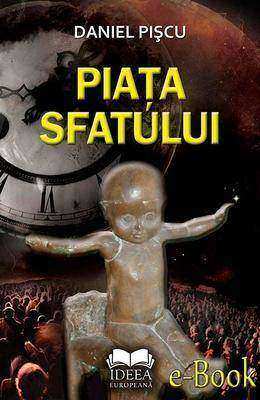
Pia?a sfatului
¥23.14
Aceast? carte a fost, este ?i va fi o fabuloas? c?l?torie spre centrul fiin?ei mele, chiar ?i la mul?i ani dup? ce voi fi terminat-o. V? mai aminti?i problemele de aritmetic? din clasele primare? Un tren pleac? cu viteza H, Y, Z (?tiind c? viteza este variabil?) din punctul A ?i ajunge ?n punctul B dup? un num?r de ore. Ei bine, povestea care urmeaz? este acea problem? de aritmetic?. Dac? trenul sunt eu, ?nseamn? c? Dumnezeu este o problem? de aritmetic?. Grea. ?i de rezolvat. (Daniela Lungu)

Xerxes la Hellespont
¥23.14
E cu putin?? ca un studiu despre Constantin Noica – unul care se respect? ?i vrea s? fie respectat – s? fie scris de un literat? Noica are la noi statutul filosofului tare (faptul se explic? poate tocmai prin absen?a unei filosofii tari ?n spa?iul cultural rom?nesc) ?i, ?n plus, a cam dezavuat literatura, consider?nd-o cumva frivol?. Poate chiar pe scriitori. Prin urmare, s?nt toate datele ca acest fapt s? par? cel pu?in riscant. Dac? nu o insolen??. Doar c? Dorin Popescu, autorul c?r?ii, de?i absolvent de studii filologice, nu e numai ceea ce se nume?te ?ndeob?te prin literat; pe de alt? parte, din confruntarea cu exerci?iul exegetic nici Constantin Noica nu mai iese la fel de ?ncorsetat ?n tiparele prejudec??ilor. Altfel spus, nici Constantin Noica nu mai este Constantin Noica – a?a cum apare ?n tratatele despre filosofia rom?neasc?. (Mircea A. Diaconu)

A páviánn?
¥23.14
A páviánn?
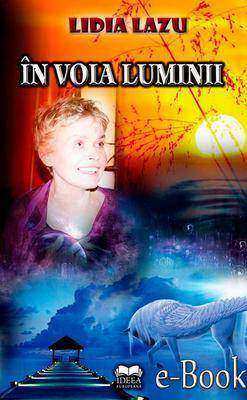
?n voia luminii
¥23.14
Identitatea ?i alteritatea abordate ?n opera unor importan?i autori, ca, de pild?, Eminescu, Blaga, Ionescu ?i Cioran – un subiect pe c?t de dificil, pe at?t de interesant nu numai din punct de vedere al istoriei, teoriei ?i criticii literare.

Péterke
¥23.14
Péterke

A pásztrorfurulya
¥23.14
A pásztrorfurulya
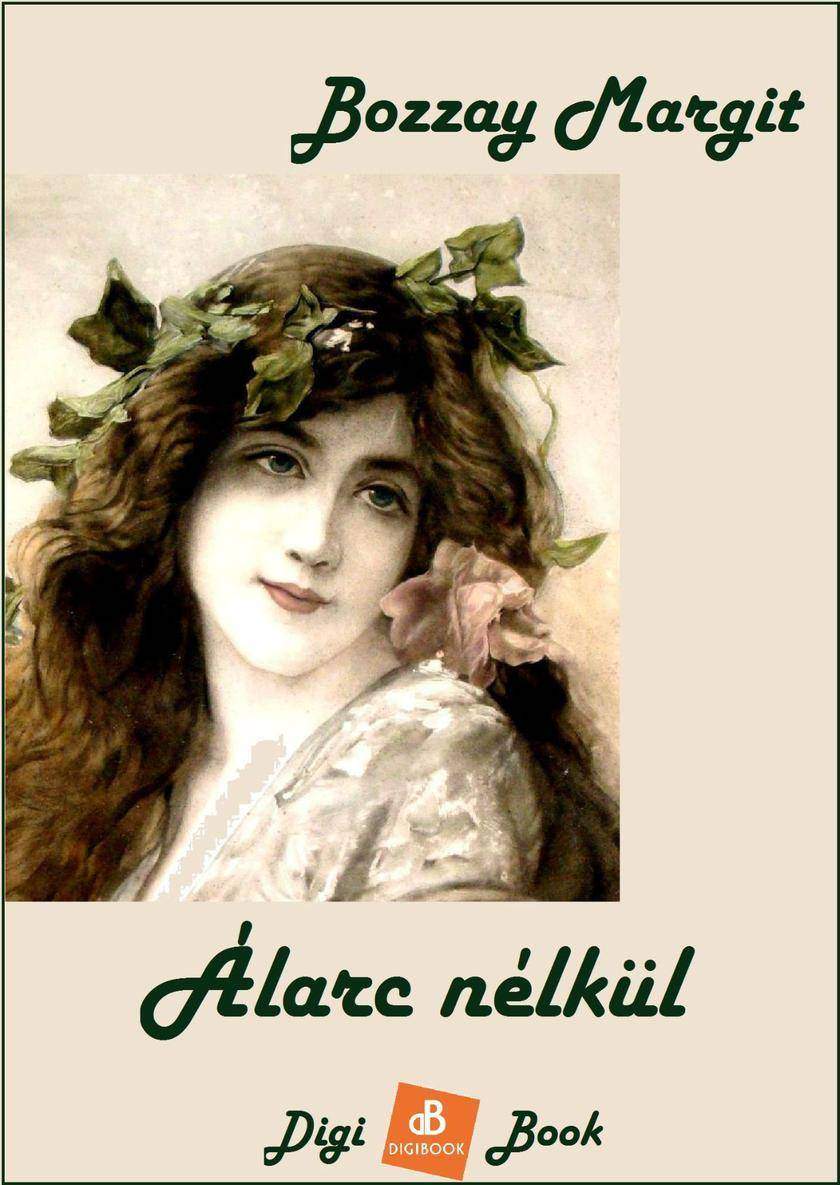
?larc nélkül
¥23.05
larc nélkül

A n?gy?l?l?
¥23.05
A n?gy?l?l?

Line imádója
¥23.05
Line imádója
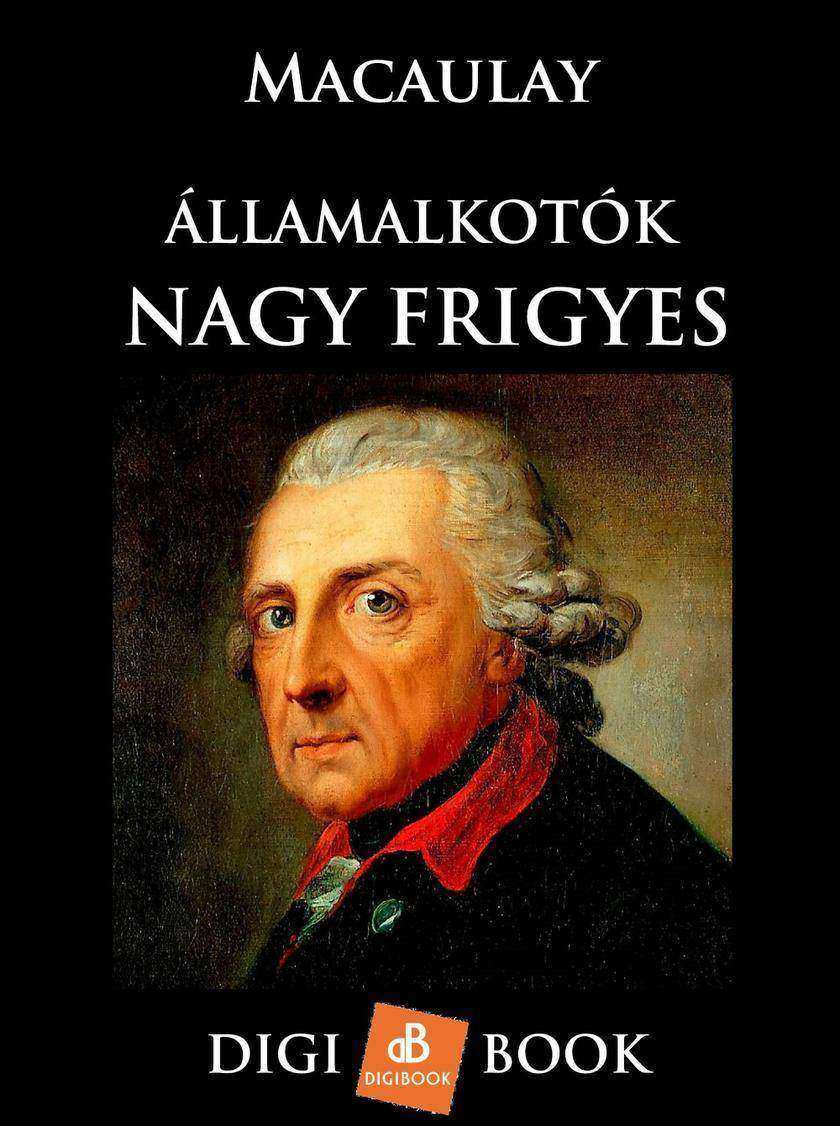
?llamalkotók: Nagy Frigyes
¥23.05
llamalkotók: Nagy Frigyes

Niels Holgersen csodálatos utazása a vadludakkal
¥23.05
Niels Holgersen csodálatos utazása a vadludakkal

Szenvedély
¥23.05
Szenvedély
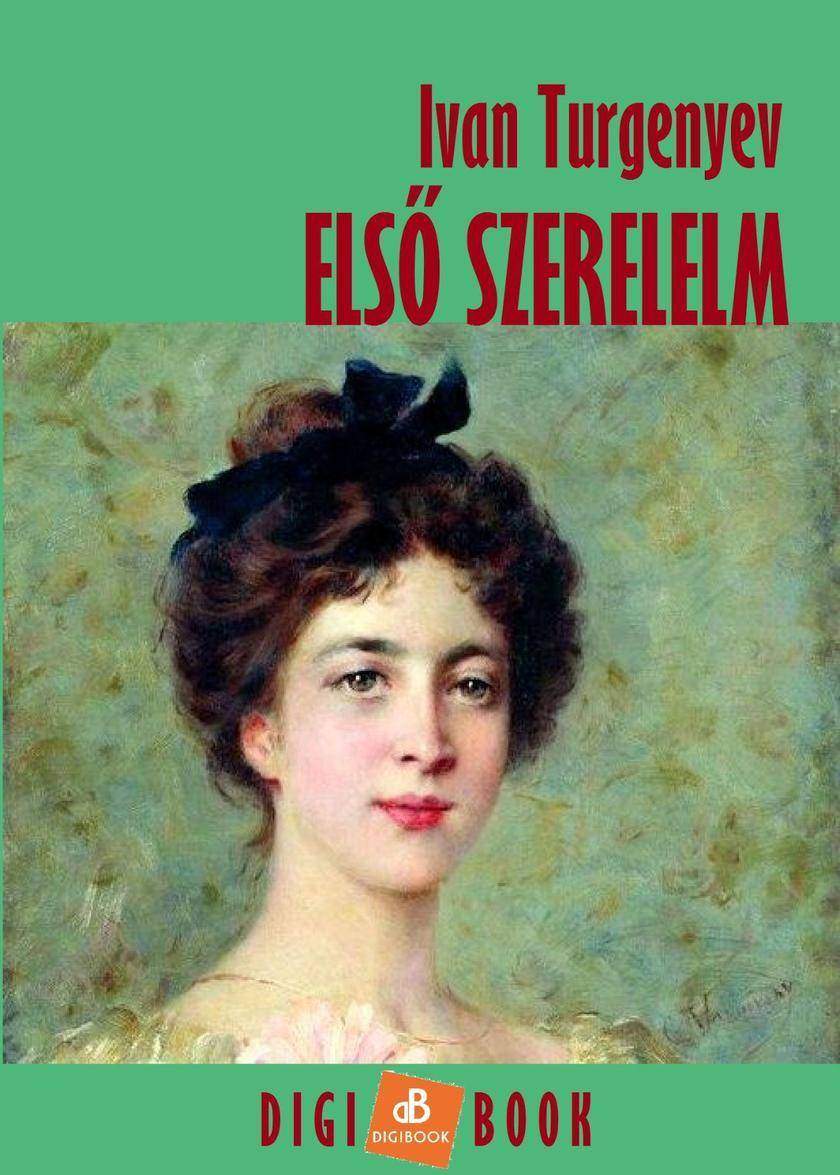
Els? szerelem
¥23.05
Els? szerelem




 购物车
购物车 个人中心
个人中心



